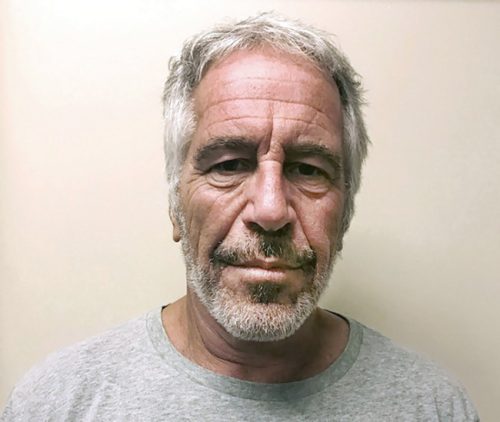Summary: Agriculture Secretary Brooke Rollins announced the USDA found fraud in the Supplemental Nutrition Assistance Program, prompting reforms and a promised announcement next week.
Agriculture Secretary Brooke Rollins reported that the USDA uncovered fraud within the Supplemental Nutrition Assistance Program that serves nearly 42 million Americans and cost taxpayers over $100 billion in fiscal year 2024. That discovery has pushed the department to pursue changes to how benefits are issued and monitored. The revelation puts a spotlight on program integrity at the same time the federal government is trying to reshape benefit rules in several states.
Federal changes this year included bans on using SNAP benefits to buy junk food and soda in several states, a move framed as tightening benefit eligibility and encouraging healthier purchases. Critics say such bans can be paternalistic and difficult to enforce, while supporters argue they prevent taxpayer dollars from subsidizing unhealthy choices. The policy shift has already stirred debate between state officials and the USDA over who controls program rules and data sharing.
SNAP benefits are accepted at more than 261,000 authorized retailers nationwide and are delivered on electronic benefit transfer cards, with monthly amounts based on household size and income. States run the program day-to-day while the federal government funds a large share and oversees compliance and audits. That split creates both flexibility and uneven enforcement, allowing fraud to persist in pockets where oversight is weak.
.@SecRollins on fraud in the SNAP program: "Very big announcements coming next week on this. We are cracking down. We now have a plan to fix it, and we're really, really excited about doing that for the American people." pic.twitter.com/1gZ7uxeBbw
— Rapid Response 47 (@RapidResponse47) November 13, 2025
Officials classify SNAP problems into four main buckets: trafficking, retailer application fraud, recipient application errors or intentional misstatements, and scams targeting recipients. Trafficking occurs when benefits are converted to cash through illicit sales between recipients and retailers, often involving organized schemes. Retailer and household fraud can be either honest mistakes or deliberate attempts to collect more than entitled, and outside scammers increasingly target beneficiaries.
This year the USDA exposed a $66 million fraud ring involving someone inside the system, highlighting how internal vulnerabilities can amplify losses. In fiscal year 2023 the department estimated that about 11.7 percent of SNAP payments—roughly $10.5 billion—were improper payments that should not have been made or were the wrong amount. Those numbers make clear the program’s scale means even small error rates translate into substantial taxpayer losses.
Over 20 states declined to share SNAP data with the federal government amid legal disputes over benefit freezes and policy changes, raising accountability concerns. That refusal has complicated federal efforts to measure improper payments and enforce uniform standards across state programs. Lawmakers and agency leaders argue that without full cooperation, detecting fraud and correcting program weaknesses becomes far harder.
Policymakers have been trying for years to reduce error and fraud, but the latest findings from Rollins’ team add urgency to calls for reform. Proposals on the table include stronger retailer vetting, better data sharing between states and the federal government, and tighter controls on internal employee access to benefit systems. Any plan will have to balance preventing abuse with ensuring needy families can access food without undue hassle.
Rollins has teased a formal announcement coming next week, promising specific actions based on the USDA’s investigations. Republican voices have pushed for stricter enforcement and criminal penalties where fraud is found, arguing taxpayer funds must be protected. At the same time, some state leaders warn heavy-handed federal action could disrupt legitimate benefit flows and harm vulnerable households.
Fixing SNAP’s weak spots will require clearer rules, reliable data, and sharper accountability for both retailers and agencies that manage benefits. That means investing in detection tools, criminal investigations where appropriate, and better cross-jurisdiction cooperation. The debate ahead will test how to stop abuse while preserving access for families that rely on this crucial nutrition support.






